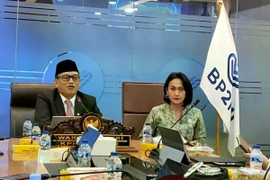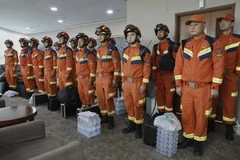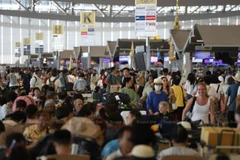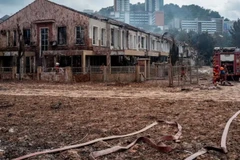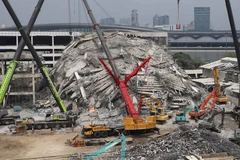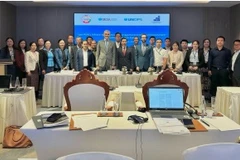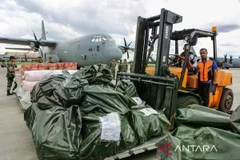Jakarta (VNA) – Food loss and waste (FLW) in Indonesia has been one of the most critical challenges to achieving national food security and environmental sustainability.
With over 20 million tonnes of food wasted annually, the implications are profound. Millions of Indonesians remainfood insecure while this waste accounts for nearly 8% of national greenhouse gas emissions.
The economic, environmental and social costs of FLW in Indonesia are staggering. Each year, the country incurs losses estimated between 213-551 trillion Rp (13.14-21 billion USD) due to food waste, representing 4-5% of the country’s gross domestic product (GDP), Jakarta Post reported.
Environmentally, food waste is a significant driver of greenhouse gas emissions. The decomposition of food waste in landfills generates methane, a potent greenhouse gas far more effective at trapping heat in the atmosphere than carbon dioxide (CO2). Methane emissions from food waste account for 77% of Indonesia's food sector's greenhouse gas emissions, exacerbating climate change challenges. This underscores the urgent need for food waste reduction policies to be integrated into the nation's climate strategies.
Socially, the existence of food waste, amidst rising hunger, highlights inequalities in food distribution. While millions face chronic hunger, millions of tonnes of safe, edible food are discarded, undermining efforts to achieve the United Nations Sustainable Development Goals (SDGs), specifically Goal No.2 (Zero Hunger) and Goal No.12 (Responsible Consumption and Production).
Consumer behaviour plays a significant role in Indonesia's food waste problem, while inconsistent policy enforcement further complicates the issue, leaving serious gaps in the monitoring and management of food waste.
According to experts, addressing food waste in Indonesia requires a multifaceted strategy involving policy, technology, and behavioural change. Behavioural interventions should also target businesses, while composting initiatives and waste-to-energy technologies could transform waste into valuable resources.
The Jakarta Post stresses that policymakers, private sector stakeholders, and individuals must collaborate to develop and implement comprehensive solutions. Policies encouraging waste reduction, alongside public awareness campaigns, can drive systemic change.
Indonesia stands at a critical juncture. By addressing food waste strategically, the country can reduce hunger, cut emissions, and enhance the resilience of its food system. This challenge also presents an opportunity to demonstrate global leadership in sustainable development. Through collective efforts, Indonesia can turn food waste from a burden into a resource, fostering a fairer, more efficient, and sustainable future, it held./.

